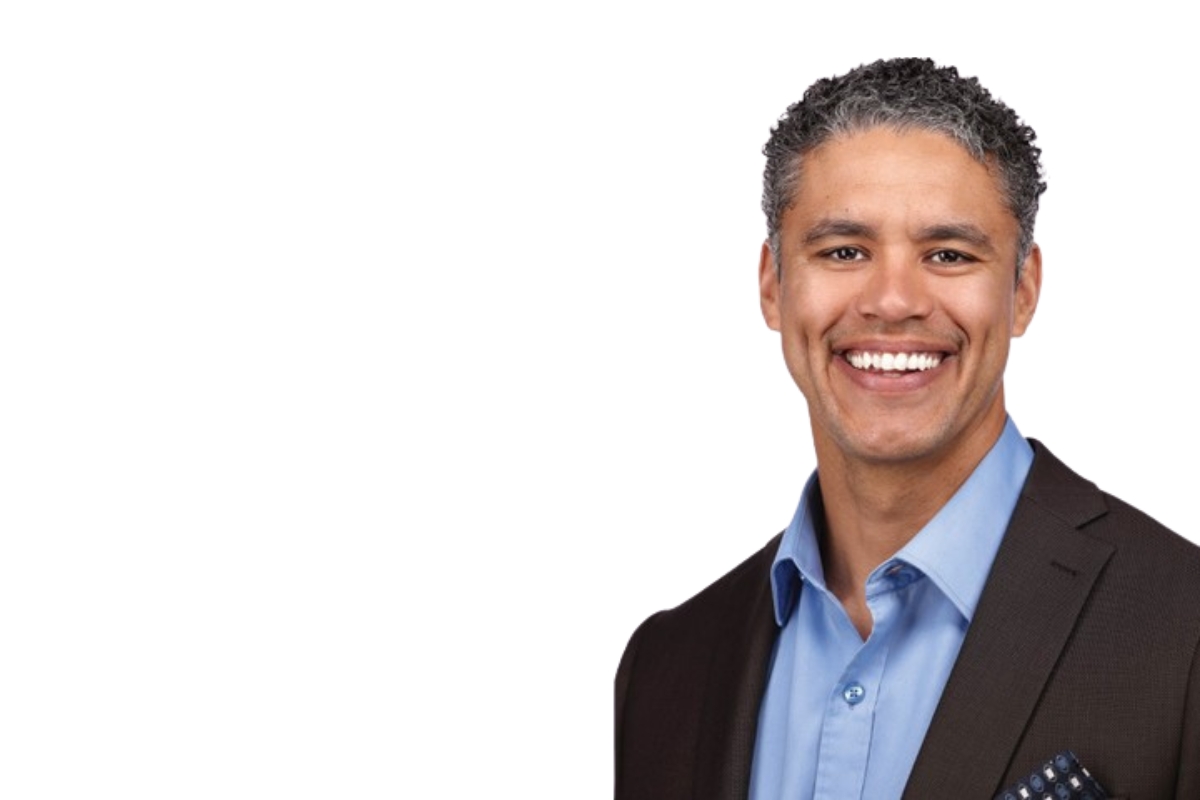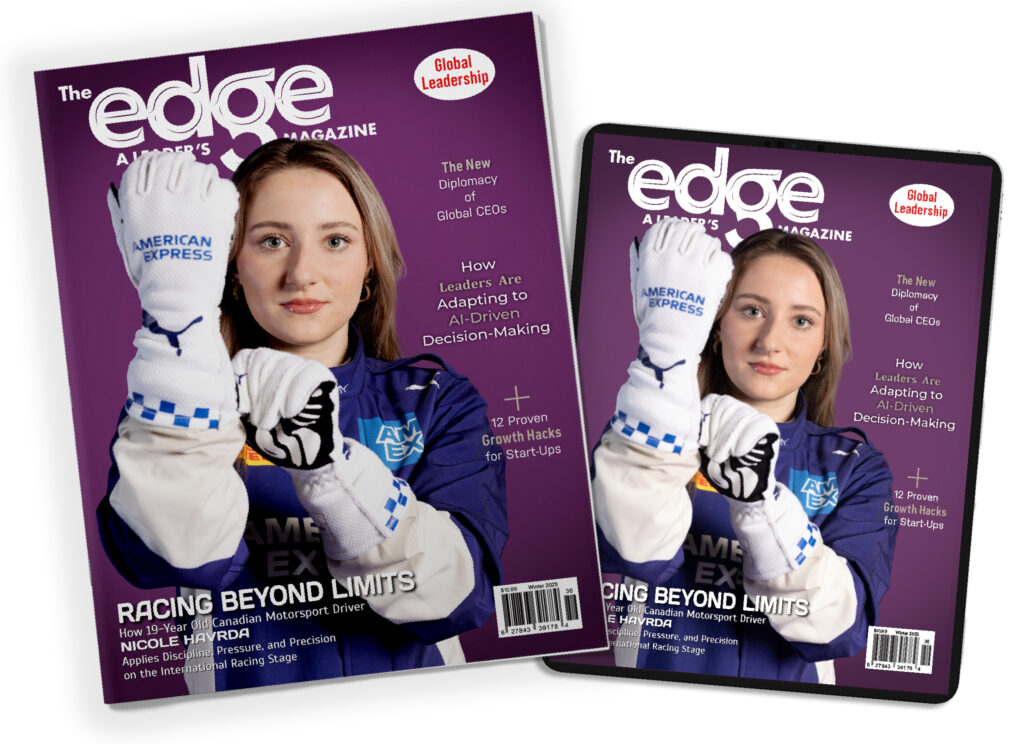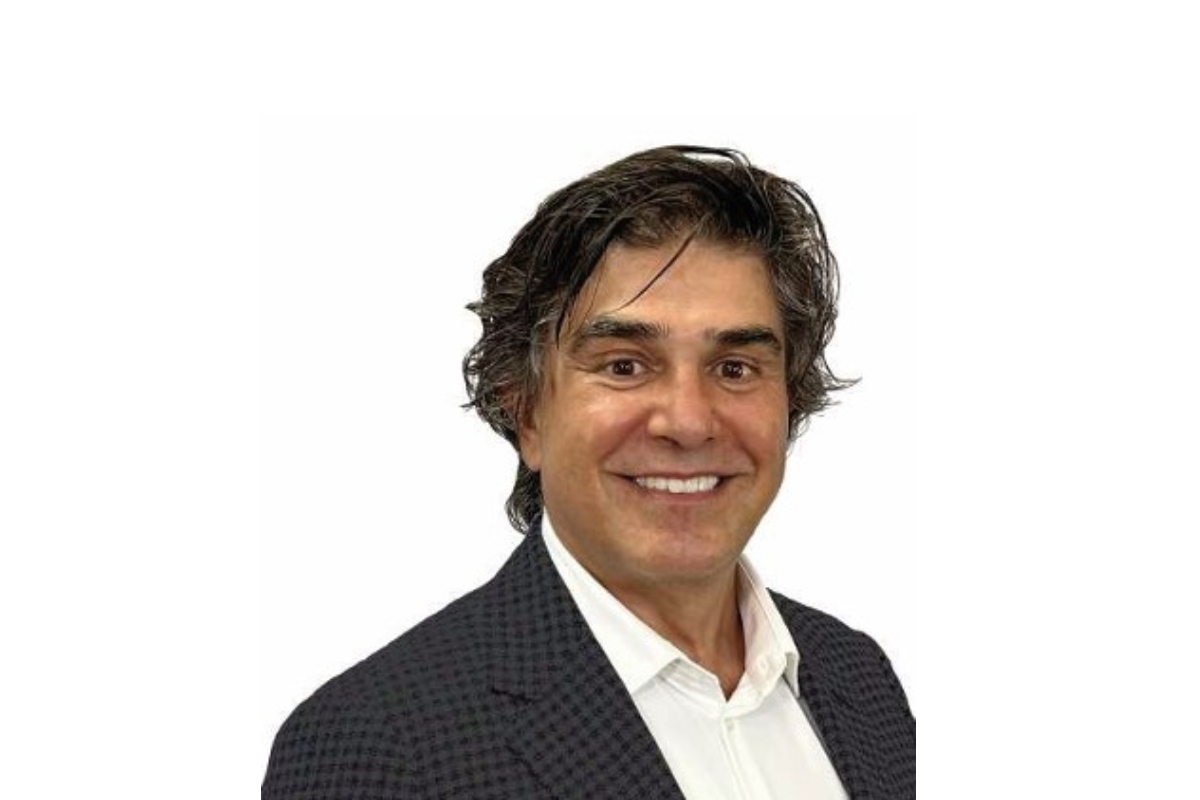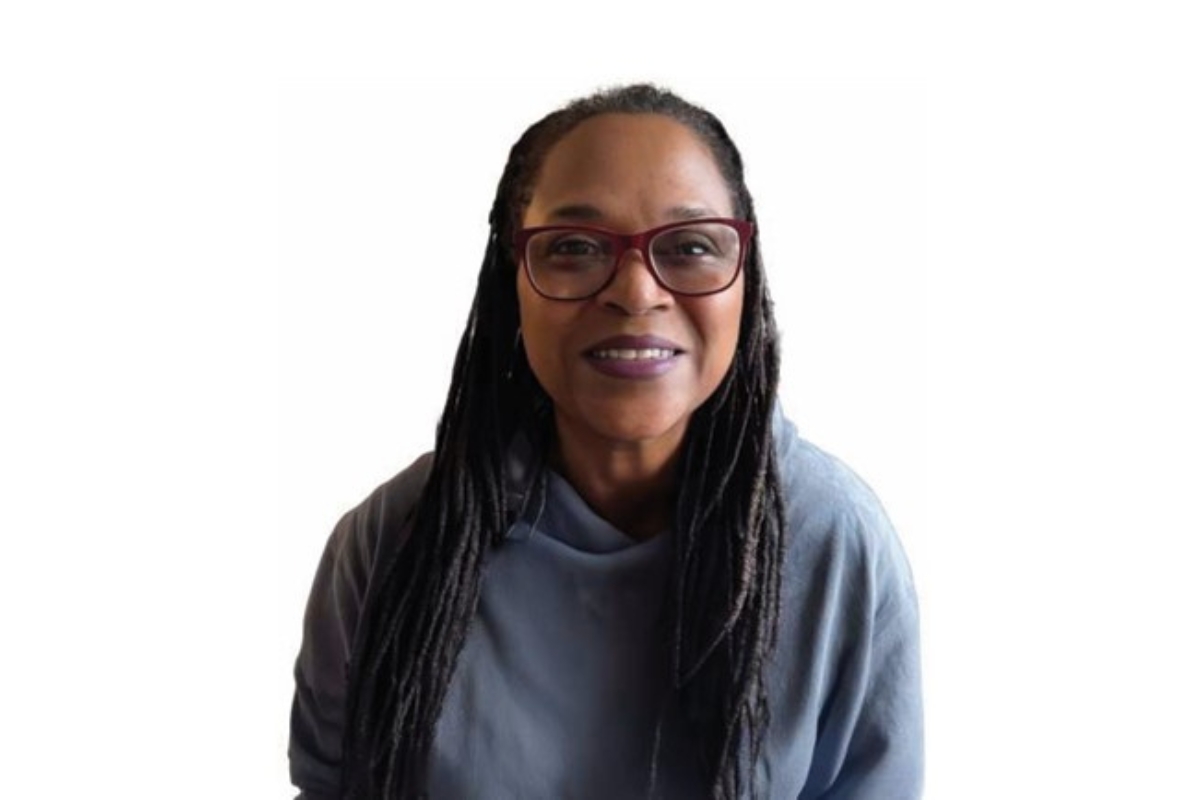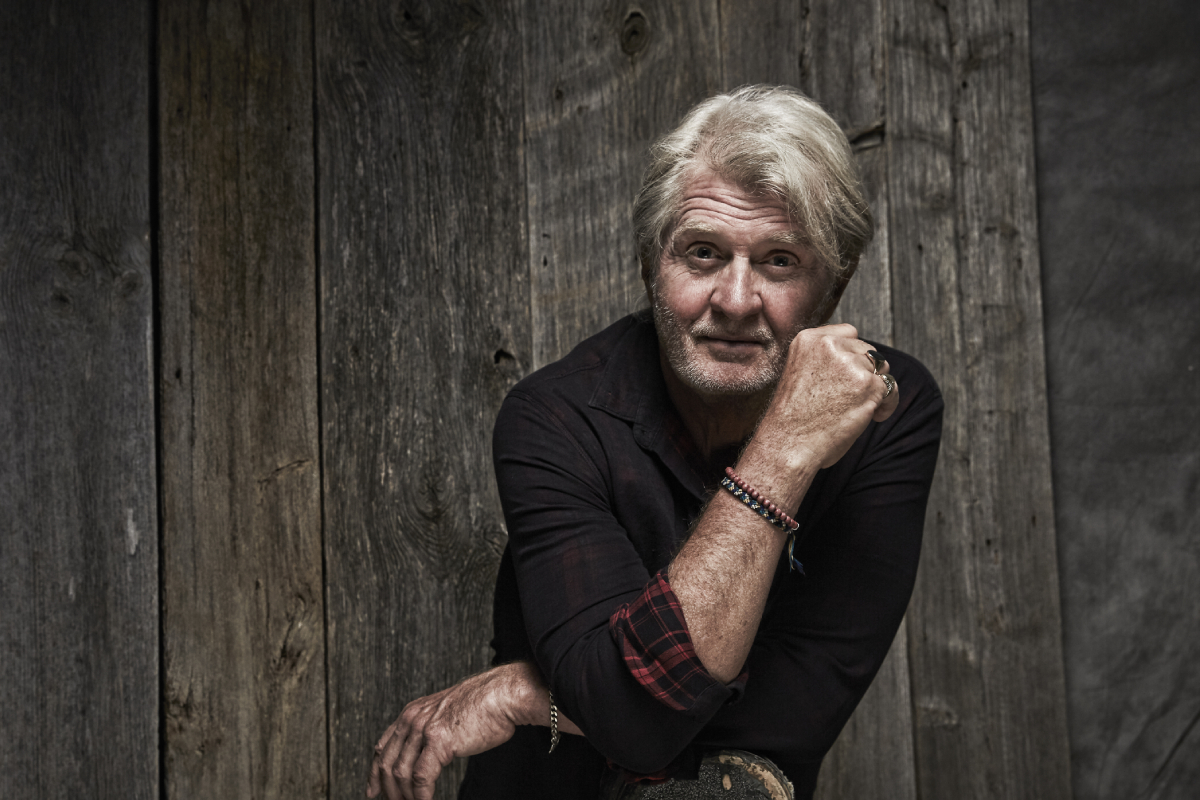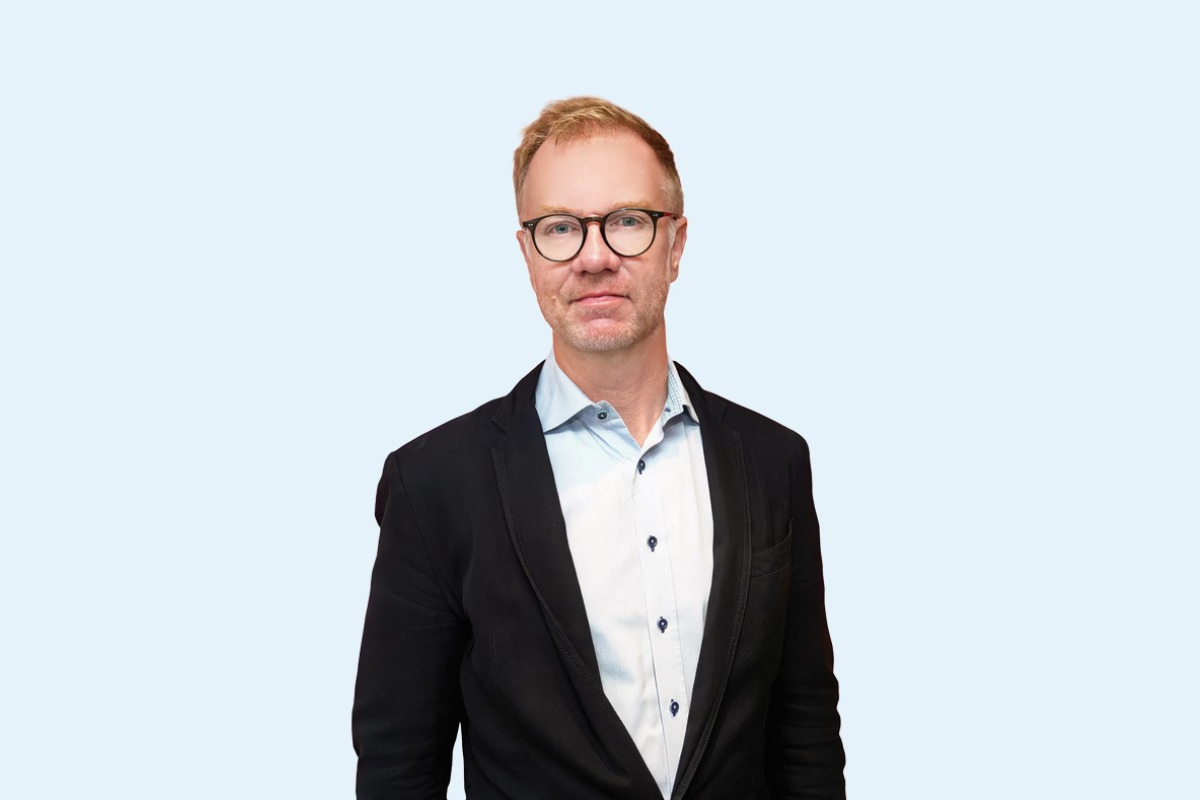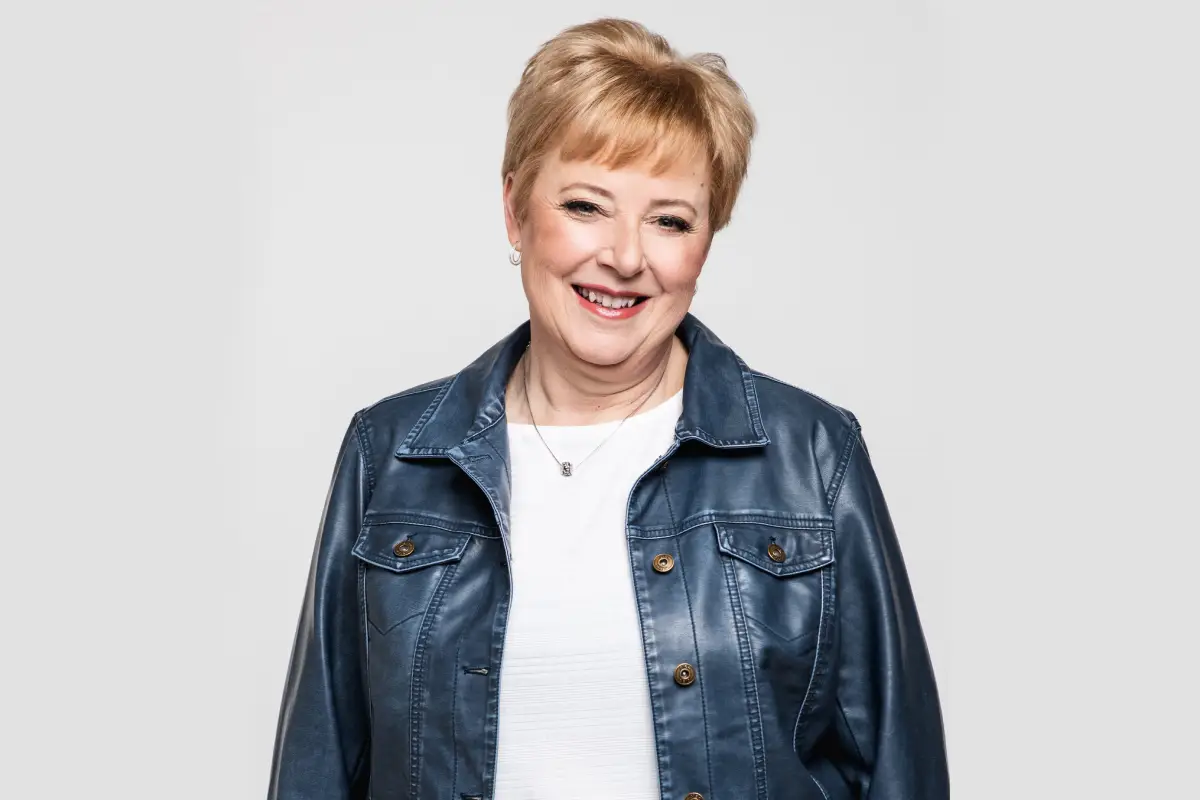Critical thinking is a key component I have learned and applied from my Bachelor of Arts Education, says Karim Mouait, president at Cornerstone Insurance Brokers Ltd., located in Edmonton, AB. Mouait has been an impassioned force in the industry for twenty-one years.
He possesses a high acumen within the dynamics of insurance brokerage, and is a seasoned speaker, presenter, and leader. Finding one’s way in the business world as half African Canadian and half Latino Canadian can be challenging. Ups and downs are expected in business. Mouait leads with a holistic vision and exercises critical thinking that aspires to reach the best positive outcomes—for customers—and employees.
According to Mouait, the insurance business, like all industries, is built upon successful relationships. Leaders not only guide, but they also set the standard. President Mouait is an eternal optimist, insurance expert, and a beacon of leadership. Here is what he had to say.
Can you tell me about your educational journey?
I hold a B.A. in Political Science and a minor in philosophy from the University of Alberta. In relation to my industry education, I earned my Canadian Risk Management Designation—so I am a certified risk manager. Furthermore, I completed a leadership course through the faculty of extension from the U Of A (Business school) for which I received a certificate. To be honest, a B.A. from the faculty of arts deserves more positive recognition. Critical thinking— breaking down argumentation—looking at different perspectives—occupying multiple points of view in one space for understanding has been invaluable for my career. This I have learned through education and from experience.
What is your current position?
I am the president of Cornerstone Insurance Brokers. We service the entire province of Alberta for home, auto, and commercial insurance. My role is operations. I take care of the day-to-day operations of the business, enhancing strategic partnerships, and implementing our strategy for the year. Moreover, I oversee our commercial operations and the revenue for commercial—so I manage the department. I am the chief branding officer of the company (Consulting). Insurance is a changing landscape. Exciting.
How do you define leadership?
Leadership—I see it through the lens of continuous self-improvement. Leadership is never a one and done thing. As leaders, we need to be humble and always looking for the next growth opportunity. Pay attention to people. For example, there are team members who are single parents in a household. Some are neurodivergent, or perhaps a newcomer to Canada. People are from different socio-economic backgrounds and perspectives—and I think we must be malleable and flexible for these individual families. These situations in themselves bring a plethora of opportunities for growth. Each business decision I make takes into consideration how it impacts the most vulnerable in society. Leadership is an “earned” privilege. We need more diversity.
What motivated you to become an insurance broker?
It was suggested to me that I apply at an insurance company that was looking for summer students. I applied and got on as a commercial auto writing assistant (an under-writer accesses risk). For me, this was like a hidden industry—it became clear how big the insurance industry is! This led me to taking the leap to be a broker. I joined Cornerstone about nineteen years ago. The moment I walked into Cornerstone, it was clear to me that I desired to become part of the leadership and ownership. Mentorship has become a lost art, and it is my opinion that businesses need to make investing in their employees paramount.
Do you have a message for individuals planning a business career?
Yes. Most young people want to advance—they want success—they want prestige—but they are not clear on how. My advice to students is to seek out different mentors, not one voice, but a multitude of voices. Get a variety of perspectives to enhance your knowledge and growth. I truly believe that a good society needs good thinking which requires a polity of ideas (diversity). Seek out those various mentorships which will expand your sphere of influence. Join different boards, volunteer, and observe local business associations. Listen. Watch. Observe how people interact in your field of interest. It is easy to develop myopic vision; be wary of a rigid mindset. Be open. There is always more than one’s own vision, so learn from other business models. Expand your possibilities by discovering other ways of doing things.
Jason Waddle | Contributing Writer

